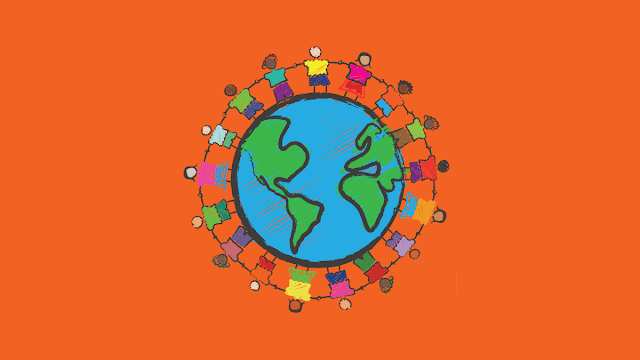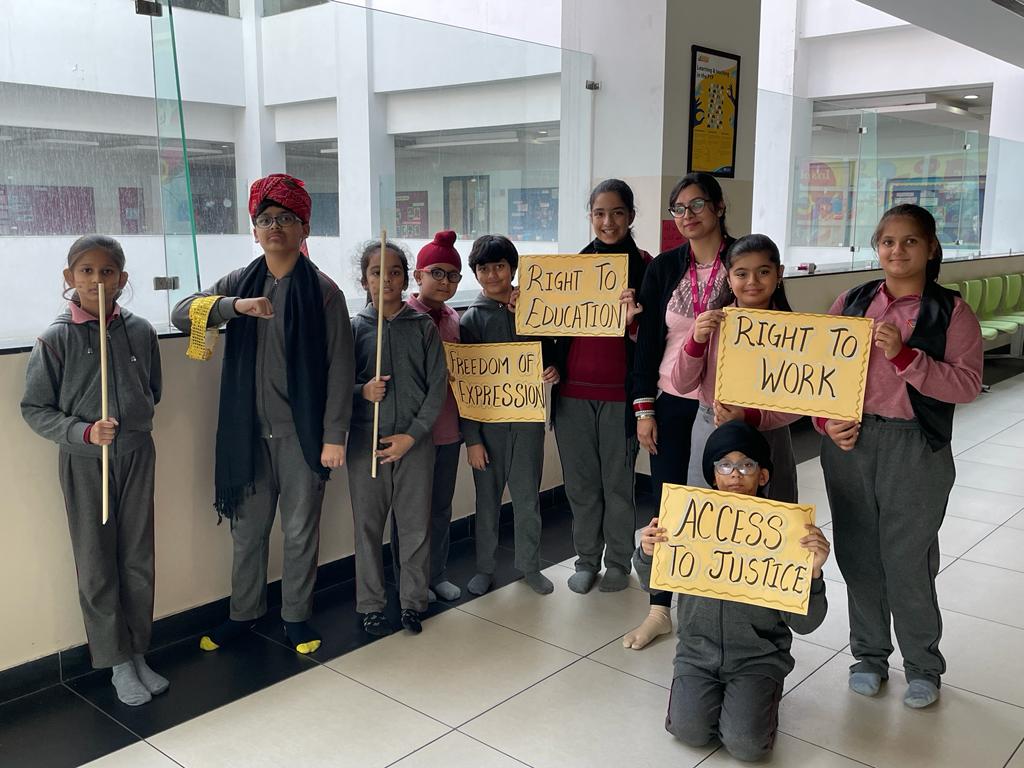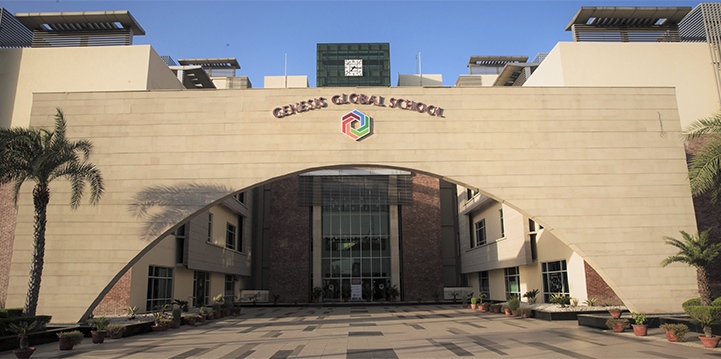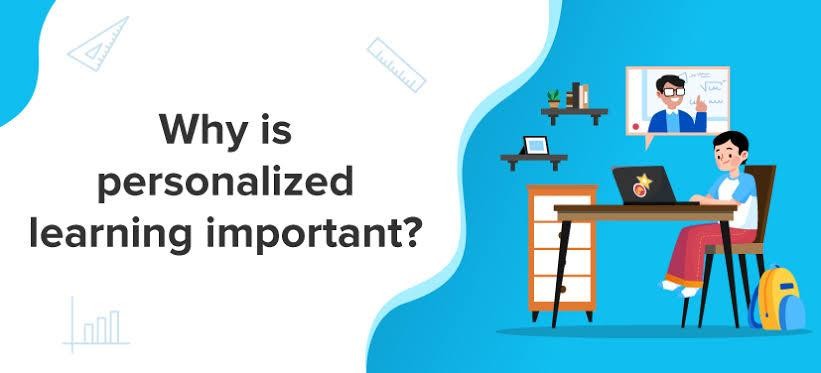Cultural Competence in Education: Preparing Students for a Global Society

Introduction
In today’s increasingly interconnected world, the good boarding schools in delhi is recognised as the cultural competence where it has become a vital skill for students. The ability to understand, appreciate, and interact with people from diverse backgrounds is essential for success in a global society. At Genesis Global School, the educational institutions play a crucial role in fostering these skills, preparing students not just for academic achievements but also for meaningful participation in a multicultural world. This article explores the importance of cultural competence in education and how schools can effectively nurture this critical ability.
The Importance of Cultural Competence
Enhancing Interpersonal Skills
Cultural competence helps students develop strong interpersonal skills. By learning to communicate effectively with individuals from diverse cultures, students can build better relationships and work collaboratively with peers from different backgrounds. These skills are invaluable in both personal and professional settings.
Promoting Inclusivity and Respect
Cultural competence fosters an environment of inclusivity and respect. When students understand and appreciate different cultures, they are more likely to be empathetic and open-minded. This promotes a positive school climate where all students feel valued and respected, leading to a more cohesive and supportive community.
Preparing for a Global Workforce
As the workforce becomes increasingly globalized, employers seek individuals who can navigate diverse cultural contexts. Students who have developed cultural competence are better equipped to work in multinational teams, manage cross-cultural interactions, and contribute to international projects. This makes them more competitive in the job market and better prepared for global careers.
Integrating Cultural Competence into the Curriculum
Multicultural Education
Incorporating multicultural education into the curriculum is a key strategy for developing cultural competence. This involves teaching students about different cultures, histories, and perspectives. By exploring a wide range of cultural narratives, students gain a deeper understanding of the world and the diverse people within it.
Language Learning
Language learning is another effective way to enhance cultural competence. Learning a new language goes beyond acquiring communication skills; it also involves understanding the cultural nuances and contexts in which the language is used. Schools can offer a variety of language courses and encourage students to immerse themselves in different linguistic environments.
Global Exchange Programs
Global exchange programs provide students with firsthand experience of living in a different culture. These programs can include study abroad opportunities, cultural exchange visits, and virtual exchange projects. By interacting with peers from other countries, students can directly apply their cultural competence skills and gain a broader perspective on global issues.
Creating a Culturally Competent School Environment
Diversity and Inclusion Initiatives
Schools should actively promote diversity and inclusion through various initiatives. This can include celebrating cultural events, hosting diversity workshops, and creating inclusive policies. By making diversity a core value, schools can create an environment where cultural competence is continuously nurtured.
Professional Development for Educators
Educators play a pivotal role in fostering cultural competence. Providing professional development opportunities that focus on cultural awareness, sensitivity, and inclusive teaching practices can equip teachers with the skills they need to effectively support their students. This, in turn, creates a more culturally competent learning environment.
Culturally Responsive Teaching
Culturally responsive teaching involves recognizing the cultural backgrounds of students and incorporating this understanding into teaching methods. This approach validates students’ cultural identities and connects learning to their real-life experiences. It also encourages the use of diverse teaching materials and methods to cater to a wide range of learning styles.
Measuring and Assessing Cultural Competence
Self-Assessment Tools
Self-assessment tools can help students and educators measure their cultural competence. These tools often include questionnaires and reflective exercises that encourage individuals to evaluate their cultural awareness and identify areas for improvement. Regular self-assessment can track progress and guide ongoing development.
Feedback and Reflection
Providing opportunities for feedback and reflection is essential for developing cultural competence. Schools can create platforms where students and staff can share their experiences and insights about cultural interactions. Reflective practices, such as journaling or group discussions, can help individuals process their learning and grow in their cultural understanding.
Challenges and Solutions
Overcoming Stereotypes and Biases
One of the main challenges in promoting cultural competence is overcoming stereotypes and biases. Schools must address these issues head-on by fostering open dialogue and providing education on unconscious bias. Encouraging critical thinking and empathy can help students move beyond stereotypes and develop a more nuanced understanding of different cultures.
Ensuring Equity and Access
Ensuring that all students have equal access to cultural competence education is crucial. Schools should provide resources and support to students from diverse backgrounds and ensure that cultural competence initiatives are inclusive and equitable. This might involve offering additional language support, providing scholarships for exchange programs, or creating affinity groups.
Sustaining Long-Term Commitment
Developing cultural competence is an ongoing process that requires sustained commitment. Schools must continuously evaluate and adapt their strategies to keep pace with changing cultural dynamics. This involves regular review of curriculum content, ongoing professional development for educators, and maintaining a strong focus on diversity and inclusion.
Case Studies and Best Practices
Successful Integration of Multicultural Education
One example of successful integration of multicultural education is the introduction of a Global Studies program that includes courses on world religions, international politics, and cultural anthropology. This program provides students with a comprehensive understanding of global issues and different cultural perspectives.
Effective Global Exchange Programs
An effective global exchange program might involve partnerships with schools in different countries, where students can participate in exchange visits and joint projects. Such programs have been shown to enhance students’ cultural competence by providing immersive experiences that go beyond the classroom.
Inclusive School Policies
Inclusive school policies that support cultural competence can include a diverse hiring practice, ensuring that the staff reflects the cultural diversity of the student body. Schools can also implement policies that protect students from discrimination and create a safe space for all cultural expressions.
Conclusion
At Genesis Global School, cultural competence is a critical skill for students in today’s global society. By integrating multicultural education, language learning, and global exchange programs into the curriculum, and by creating a culturally responsive and inclusive school environment, educational institutions can prepare students to navigate and thrive in a diverse world. As the Top Boarding Schools in Delhi NCR recognises overcoming challenges such as stereotypes and ensuring equity requires commitment and continuous effort, but the benefits of developing culturally competent students far outweigh the hurdles. As schools embrace and promote cultural competence, they contribute to building a more inclusive, empathetic, and globally aware society.
Popular Posts
Recent Posts
Archive
- January 2025
- December 2024
- November 2024
- October 2024
- September 2024
- August 2024
- July 2024
- June 2024
- May 2024
- April 2024
- March 2024
- February 2024
Newsletter
 A1 and A12, SECTOR-132,EXPRESSWAY, NOIDA (201304)
A1 and A12, SECTOR-132,EXPRESSWAY, NOIDA (201304)
 +91-9711000498 / 560 / 625 / 626
+91-9711000498 / 560 / 625 / 626
 info@genesisgs.edu.in
info@genesisgs.edu.in
- Contact Us
- Address
- Mobile Number
- +91-9711000498 / 560 / 625 / 626
- info@genesisgs.edu.in
© Copyright 2018, all rights reserved with Genesis Global School





















